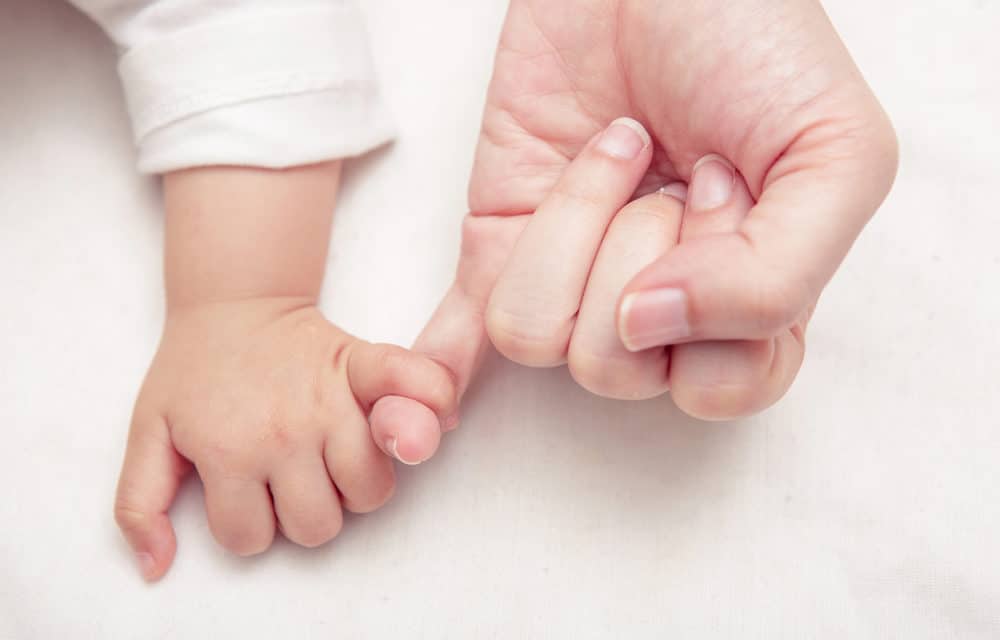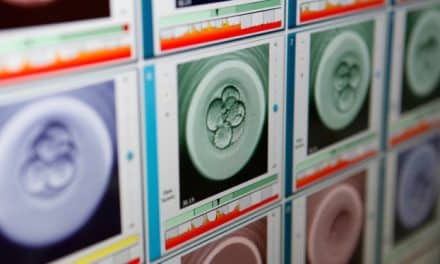The reception of donated embryos is an assisted reproduction treatment that has many advantages: it is much faster and more comfortable, it saves intermediate diagnostic tests, and its cost is lower than that of most of the usual treatments, such as in vitro fertilization or egg donation. But it is an option that is rarely considered at first, since most women and couples who wish to be mothers and fathers want, if possible, to use their own eggs and sperm.
However, in many cases it is the best option, or even the only one. It is normally indicated in couples who need both donor oocytes and semen or in women who need both donor gametes. It is also recommended to couples who had repeated miscarriages or implantation failures after several IVF cycles. But since it is a diagnosis that no one expects, it is often necessary to give yourself some time to meditate before making the decision. This is what is called “genetic grief”, and it means giving up that your children share your genetic inheritance.
An important aspect to consider is that some studies prove that the environment in which a baby grows up and its experiences influence the genes expression. Moreover, the love it gets, the transmitted values, its education and beliefs define its personality, too. So, genetics is not everything. In fact, it has been proven that once this “mourning” stage is over, the excitement comes back, and experience shows that couples and women who take the step and opt for embryo donation are very satisfied with their decision.
Anyway, it is normal to have doubts. In this post, we answer some frequently asked questions that many patients ask us, although if you are interested in further information, you can request a visit with the biologists of the Dexeus Mujer Oocyte and Embryo Donation Program.
Is it true that there is no waiting list?
In general, access is quite direct when the centre has embryos that have been transferred by other couples or women, who have already undergone all the necessary diagnostic tests and who have given their prior consent so that they can be donated altruistically to other couples or women who need them. Normally, the waiting time can be around three months.
Are the physical characteristics of the future parents or recipients taken into account when choosing them?
Yes, the selection is always made considering that the embryo has to share a series of characteristics with the future parents: blood group and Rh compatible, ethnicity, physical characteristics (skin colour, eye colour, hair colour and type …) in order for there to be a certain similarity, although it is not an essential requirement, if the parents are open to other options. In fact, each human being is unique and therefore we cannot pretend that the result of the donation is a “clone of us”. The desire to be mothers and fathers must prevail above all else.
Do you need a medical indication to choose this option?
Yes, since if the patient can use her own gametes, it is not necessary to resort to embryo donation. Your gynaecologist will most likely recommend you this option if he/she doesn’t think that there is alternative.
Is it true that the treatment is easier?
Endometrial preparation is simpler than ovarian stimulation for IVF. In addition, fewer visits and fewer medications are required, so the overall cost is reduced.
What is the success rate?
The overall success rate is 50% since the age of the oocyte at the time the embryo was generated must necessarily be below 35 years. In any case, it cannot be generalized, since there are other factors that may intervene in success, such as the receptivity of the recipient’s uterus.
Do I have to submit any legal procedures?
Donors must sign an assignment contract and informed consent and have an up-to-date serology analysis that confirms that they do not have any infectious or genetically transmitted diseases. Recipients must also sign a contract and an informed consent, but this documentation is managed by the centre where they carry out their treatment.
Is it possible to have several embryos from the same donors if we want to have two children who are siblings?
In principle, one embryo is assigned to each patient. Leftover embryos from the same donation cannot be saved or reserved, they are donated.
We hope you’ll find this information helpful! And, if you have doubts, leave us a comment.














